Learning would be exceedingly laborious, not to mention hazardous, if people
had to rely solely on the effects of their own actions to inform them what to do. Fortunately, most human behavior is learned observationally through modeling: from observing others one forms an idea of how new behaviors are performed, and on later occasions this coded information serves as a guide for action. - Albert Bandura, 1977
Social Learning Theory is a basic theory in psychology that has helped to shape both primary and secondary education as well as corporate learning. Modern psychologists believe that it is the basis for true learning. This theory is simple and yet it has been challenging for the organization to leverage. Yet it is practiced every day by its employees. Each day an employee within the organization shows another a better way to perform a task. This informal passing on of information is the root of what Bandura was talking about. How can you leverage social learning in your organization? There are two types of learning within an organization push and pull. Push occurs when the organization provides, usually through formal training, information that the employee is to learn and utilize. Pull is more social and involves an employee seeking for information they need in order to perform. To leverage Bandura’s research in your organization, connect employees and enable them to collaborate on projects and issues regardless of geographical, systems, or other organizational barriers.
